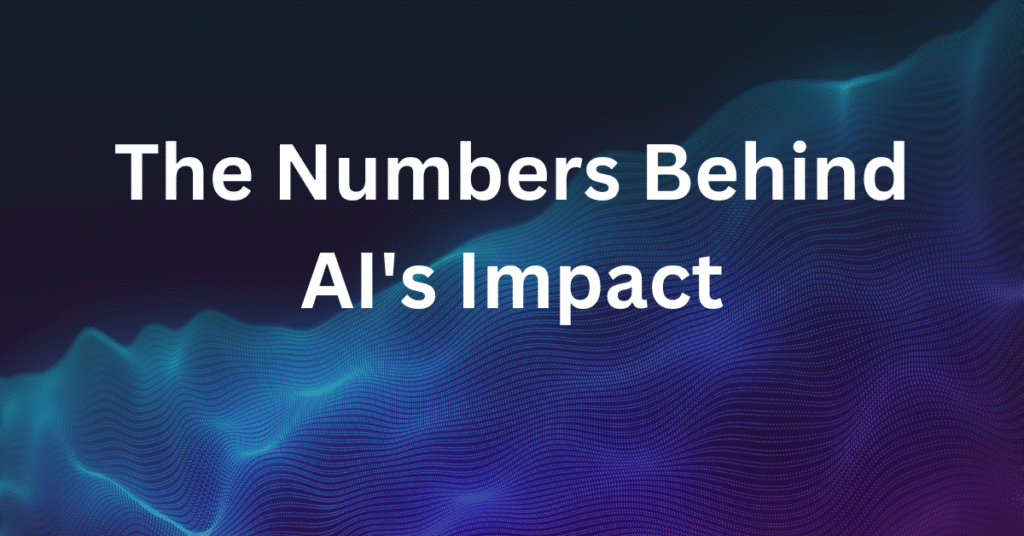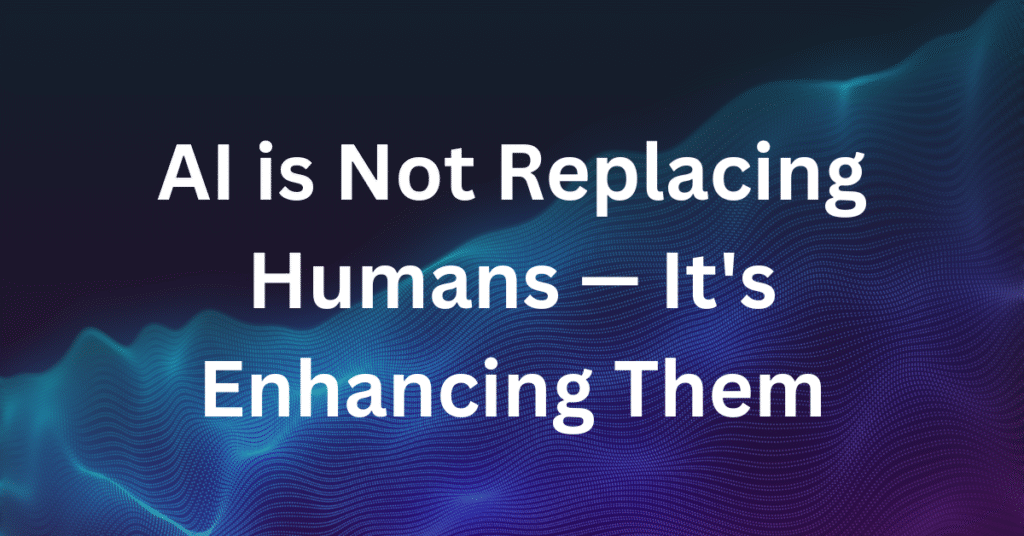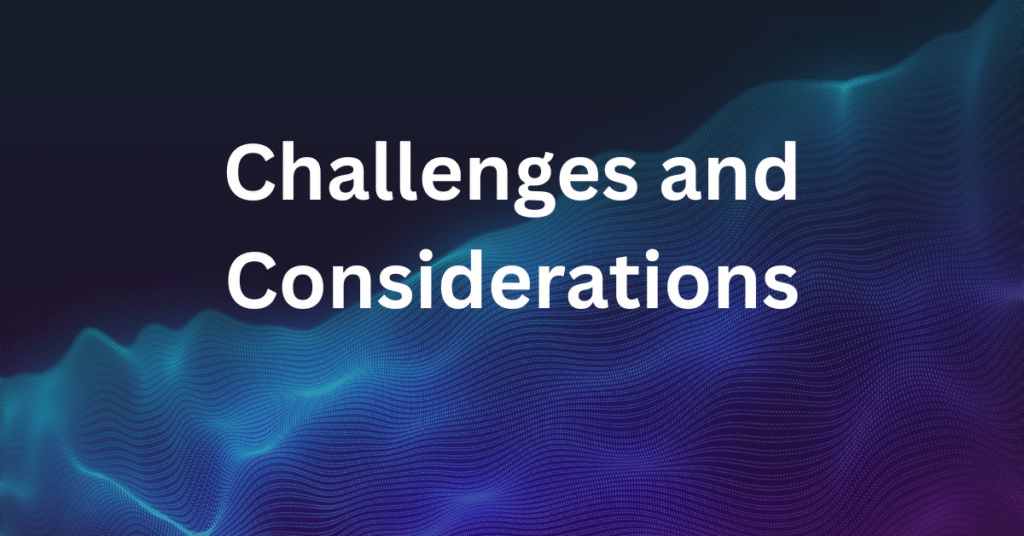
The insurance industry has long been associated with complex paperwork, prolonged claim settlement processes, and customer dissatisfaction. However, the arrival of Artificial Intelligence (AI) is rapidly reshaping the way insurers operate. Today, AI-driven technologies are enabling insurers to process and settle claims in record time — sometimes in as little as 24 hours or even minutes. This blog explores in detail how AI is revolutionizing the claim settlement process, the technology behind it, real-world success stories, image references, and what it means for both insurers and policyholders.
Understanding the Challenges of Traditional Claim Settlement

Before AI entered the picture, claim settlement processes were largely manual, time-consuming, and prone to errors. Here are some of the common challenges faced by both insurers and policyholders:
- Manual Documentation: Claims required extensive paperwork, leading to delays and misplaced documents.
- Lengthy Verification: Human-dependent verification processes slowed down claim approvals.
- Subjective Assessments: In cases like motor or property damage, assessments varied widely based on human interpretation.
- Fraudulent Claims: Detecting fraud manually was labor-intensive and often inefficient.
- Lack of Transparency: Customers had limited visibility into the status and progress of their claims.
These challenges not only frustrated customers but also increased operational costs for insurers.
How AI is Revolutionizing Insurance Claims

AI brings automation, accuracy, and real-time data analysis to the insurance sector, addressing the longstanding pain points in claim settlement. Here’s a deeper look at how AI is transforming the process:
1. Automated Document Verification

Modern AI systems can instantly scan, read, and verify submitted documents such as medical reports, repair estimates, police reports, and more. Optical Character Recognition (OCR) technology extracts relevant information, cross-verifies it with policy terms, and flags inconsistencies within seconds.
2. Real-Time Data Analysis and Decision-Making

AI algorithms analyze vast amounts of structured and unstructured data — including customer history, claim details, and policy coverage — to determine claim eligibility in real-time. This dramatically reduces turnaround time.
3. AI-Powered Image and Video Assessment

In motor, property, and health insurance, AI tools analyze images or videos of damage or medical conditions. Advanced image recognition software estimates repair costs, verifies claim validity, and provides instant recommendations for claim approval.
4. Chatbots and Virtual Assistants for Claims Reporting

AI-powered chatbots allow policyholders to initiate claims 24/7. These virtual assistants guide users through the process, collect necessary information, and provide real-time claim status updates.
5. Fraud Detection with Machine Learning

AI systems use machine learning to identify patterns associated with fraudulent claims. By analyzing historical data, social media activity, and claim behaviors, these tools flag suspicious claims for further review, reducing false claims significantly.
6. Predictive Analytics for Faster Approvals

Predictive models help insurers anticipate claim complexity and likelihood of approval. Simple, low-risk claims can be fast-tracked for settlement, while complex claims receive additional attention.
Real-World Examples: AI in Action

Several global and Indian insurers have embraced AI with remarkable results:
Lemonade (US)
Lemonade, a US-based insurtech company, uses AI-powered bots to handle claims. In one case, a claim for a stolen jacket was filed, assessed, and paid within 3 seconds, setting a new standard for efficiency.
Ping An Insurance (China)
China’s Ping An leverages AI to process car accident claims. Their AI tools assess vehicle damage from photos and videos, allowing claims to be settled within minutes..
ICICI Lombard (India)
ICICI Lombard uses AI for health insurance claims. Their AI-driven health claim processing has reduced turnaround time significantly, with many claims settled within a few hours.
Bajaj Allianz General Insurance (India)
Bajaj Allianz launched “Motor OTS” (On-the-Spot) claim settlement using AI. Policyholders can submit images of minor car damages, and eligible claims are processed instantly.
The Numbers Behind AI’s Impact

- According to a report by McKinsey, AI can help reduce claim processing time by up to 80%.
- The global insurtech market, driven by AI, is projected to grow from $10.5 billion in 2021 to $158 billion by 2030.
- AI-driven fraud detection tools can reduce false claims by up to 75%, saving billions annually.
- Insurers using AI have reported an increase in customer satisfaction rates by 20-30% due to faster, more transparent processes.
- In India, the motor insurance sector alone processes over 1.2 crore claims annually, where AI can play a major role in reducing turnaround time.
Benefits of AI-Driven Claim Settlements

For Policyholders:
- Speed: Claims settled within hours or even minutes.
- Convenience: Minimal paperwork and 24/7 digital claim initiation.
- Transparency: Real-time updates and clear communication.
- Fairness: Reduced human bias in claim assessments.
- Security: Advanced fraud detection protects genuine policyholders.
For Insurers:
- Reduced Operational Costs: Automation minimizes manual work.
- Improved Accuracy: AI ensures data-driven, consistent decision-making.
- Enhanced Fraud Detection: Proactive identification of suspicious claims.
- Competitive Advantage: Faster claims processing improves brand reputation.
- Scalability: AI enables handling large claim volumes efficiently.
AI is Not Replacing Humans — It’s Enhancing Them

While AI is automating repetitive tasks, human expertise remains essential in complex or disputed claims. AI handles routine assessments, freeing up human claim managers to focus on nuanced cases and customer care. The ideal future is a hybrid model, combining AI’s speed and efficiency with human empathy and judgment.
Challenges and Considerations

While AI offers immense benefits, insurers must address certain challenges:
- Data Privacy: Handling sensitive customer data requires robust security protocols.
- Bias in AI Models: AI tools must be trained on diverse datasets to avoid biased decisions.
- Technology Adoption: Small insurers may face cost barriers in implementing AI.
- Regulatory Compliance: AI-driven processes must align with insurance regulations and guidelines.
- Customer Education: Policyholders must be made aware of AI’s role to build trust.
The Future of AI in Insurance: What to Expect

As AI technology continues to advance, expect to see:
- Wider Use of AI in Life and Health Insurance for claim assessments.
- Blockchain Integration to enhance transparency and data security.
- Greater Personalization of policies using AI-driven customer profiling.
- Voice-Activated Claims Reporting for even easier claim initiation.
- AI-Powered Risk Prevention, predicting and mitigating potential risks before they occur.
- AI-Driven Predictive Maintenance in motor insurance to prevent breakdowns before they happen.
Conclusion: A Win-Win for Insurers and Policyholders
AI is no longer a futuristic concept; it’s a present-day reality reshaping the insurance landscape. Faster, fairer, and more efficient claim settlements are already improving the customer experience and driving operational excellence for insurers.
